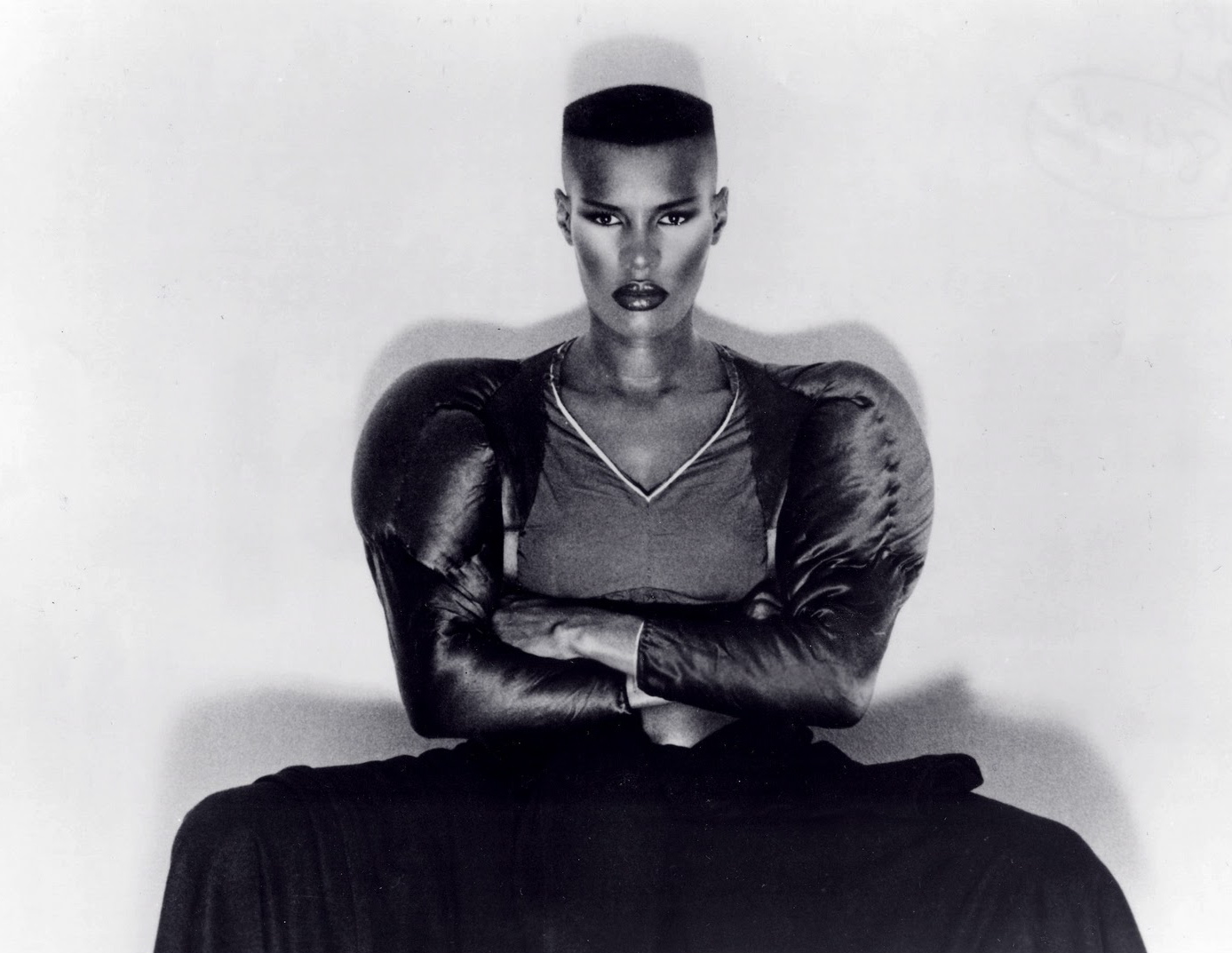
Good Morning POU!

Today we feature two pioneers of Afrofuturism: Grace Jones and the group LaBelle.
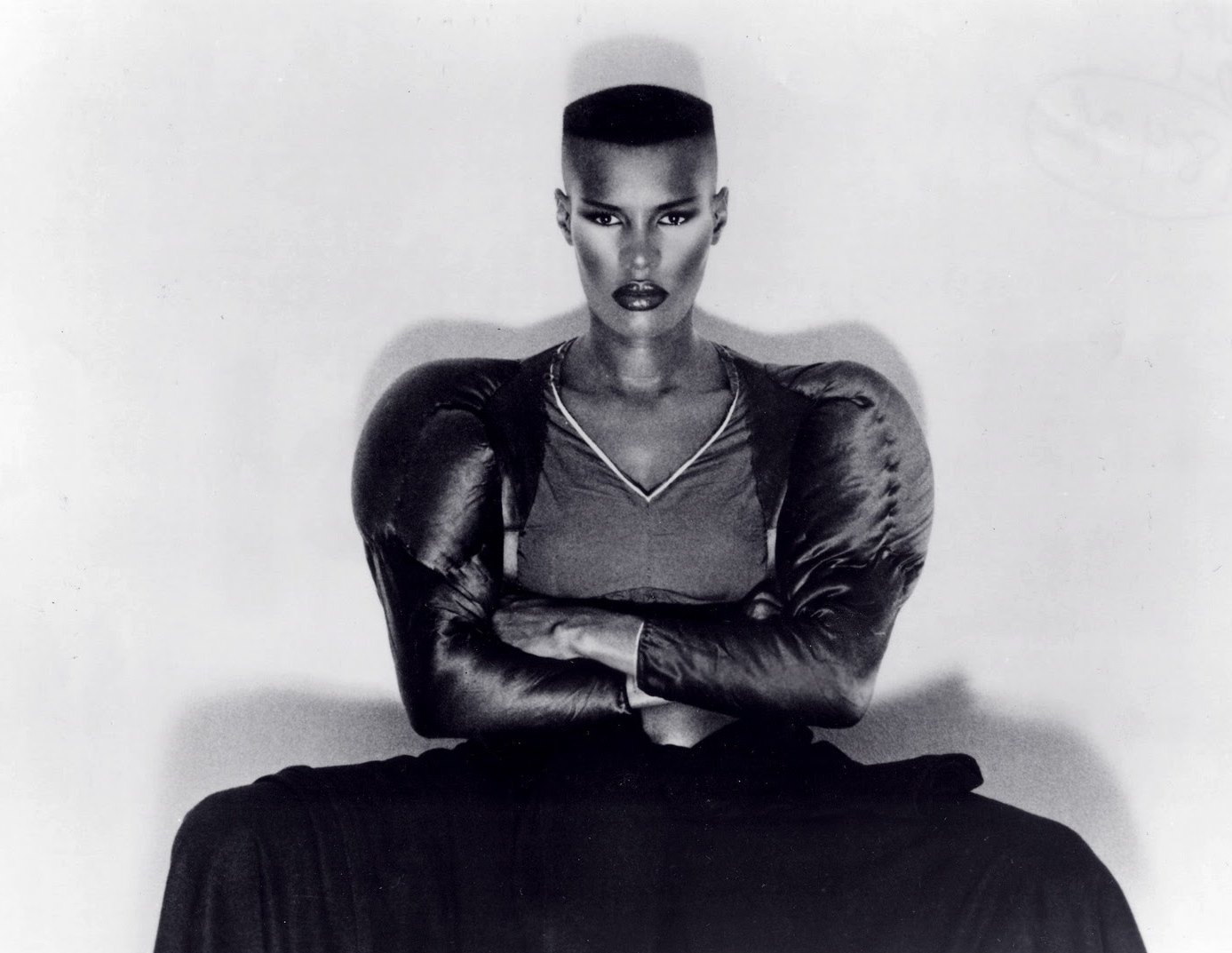
Grace Jones embodies a “post-human” identity and space in which she pushes beyond the “human” and transforms herself into a post-human or transhuman identity. This can also be exemplified in her affectless object-machine aesthetic or the idea that she is robotic and “non-human”. Grace Jones’s identity exists between and within two normative gender binaries: femininity and masculinity. By tapping into fantasy, Grace Jones is able to push far beyond the established narratives.
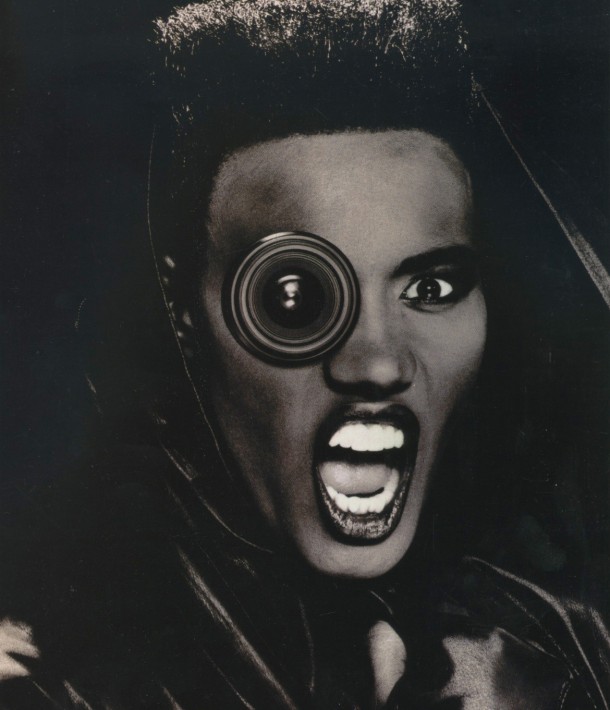
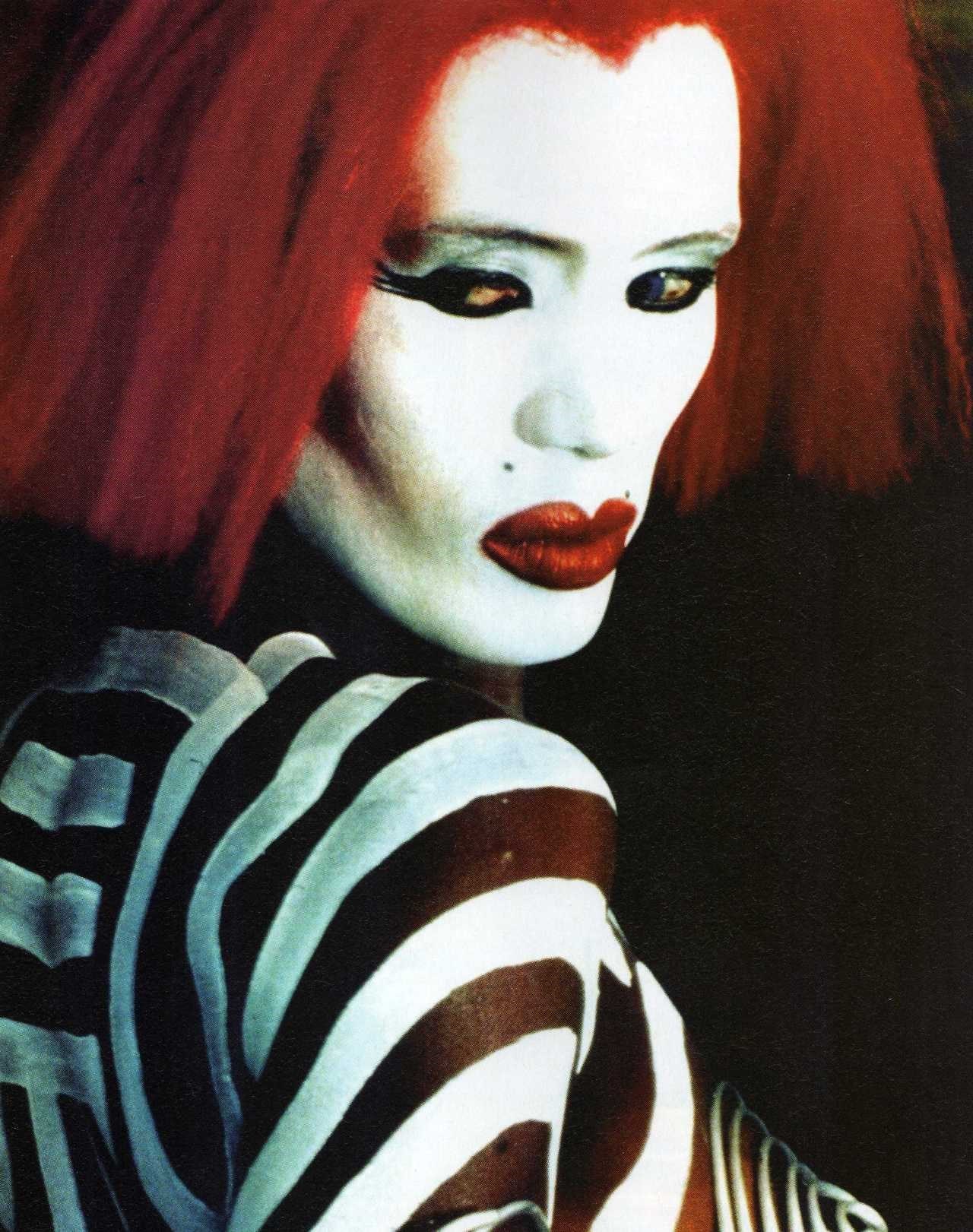
Asking “voulez-vous coucher avec moi ce soir?” the femal trio Labelle stripped away their old persona of their original image as “The Blue Belles” and inspired legions of fans with seamless melodies, masterful lyrics, and silvery costumes that were at once space uniforms and sexy alien suits.
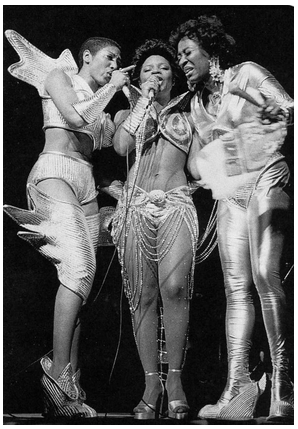
Pushing past notions of what black female musicians could do, they claimed their rightful place in rock music history. A May 1976 Ebony magazine feature describes the scene:
“A masquerading groupie, prancing down the center of the Auditorium Theatre in Chicago like a pony freshly dipped in silver paint, is about to witness a great American rock show[…]The former doowah ladies…are in the forefront of outrageous unisexual futurism in rock music show biz…”[iv]
Labelle’s use of voice, as well as rocking funky dance, combined with incisive lyrics bring to Afrofuturism a black-feminist informed critique of race, sexuality, and gender. The technologies of their highly theatrical performances, including elaborate stage shows and costumes—and not the least, the microphone — make heightened use of the black body, bringing to the fore its survival and flourishing.
At the same time that Labelle makes outrageous and amazing use of technologies, they could not do so without the body itself—the body’s movements, its sensuality, the body’s breath as it lifts others and sends them into flight.
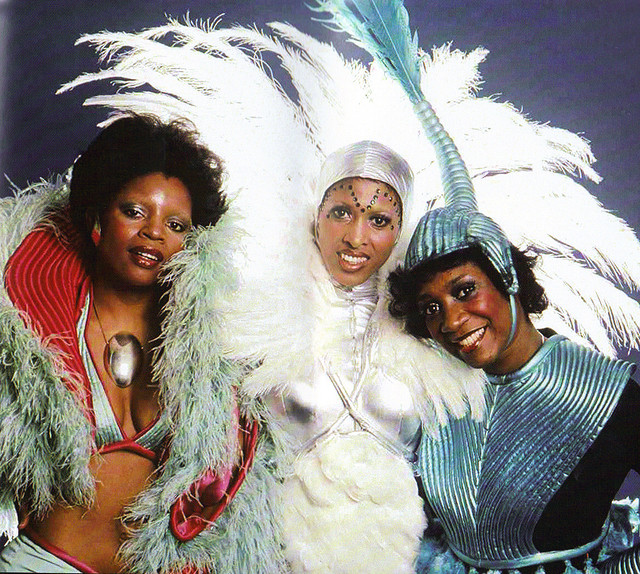
We see in Labelle’s vocal and dance performances the ability to transcend the merely human toward the spiritual. Labelle uses these powerful tools to move across the constraints of genre, and to push past racialized codes of gender, drawing from the styles and histories of the past, and envisioning a freed-up future for its audiences.
